Genocide against Tutsi in Rwanda is an inhuman atrocity that takes a million Rwandan community lives in three months. Since then, the untrust, hatred, and community separation among the Rwandan community were doubled. Mental health problems, including Posttraumatic stress disorder, depression, psychosomatic problems, and anxiety, are highly prevalent in survivors and perpetrators. The survivors of genocide and their families were most pervasive with PTSD, depression, and multiple traumas due to experiencing different traumatic conditions during the genocide. And then, Perpetrators and their families have also shown mental health problems, including trauma, stigma, depression, and identity issues of offspring from perpetrators. To help survivors and perpetrators to heal and recover from mental health problems, many interventions were used to overcome the difficulties.
Since 2015, Rwanda Resilience and Grounding organization (RRGO) envisioned to help the Rwandan community to improve their well-being and restore a healthy balance and trauma healing in Rwanda with different community-based interventions, Community Resilience model, laughter yoga, and assigning to green space for mental health restoration.
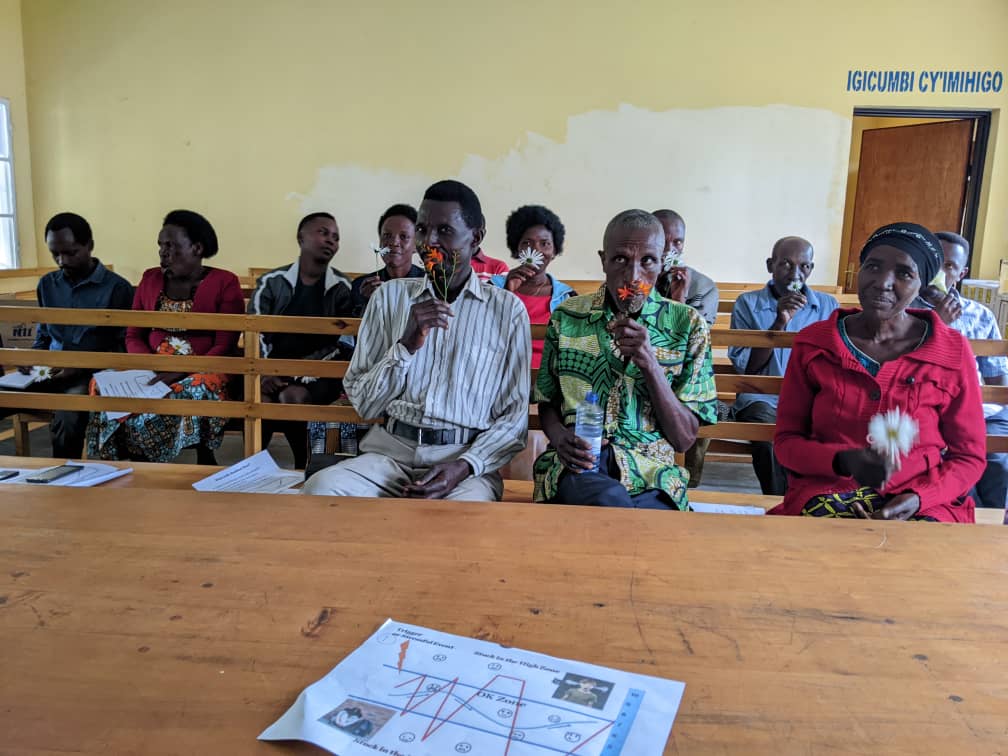
Community Resiliency Model (CRM) is a biological and wellness-based intervention that aids in restoring nervous system balance using six skills. Within the experience of Rwanda, between survivors alone(Habimana et al., 2021) or both survivor and perpetrator combined, CRM skills prove to be effective in healing trauma and the ability to develop the mental capacity to copy to traumatic triggers and stay in balance of the nervous system. No skill is more essential than another except to be interdependent for affecting the mental health and well-being of the participants. CRM has also contributed to bringing compassion and humanity between survivors and perpetrators.
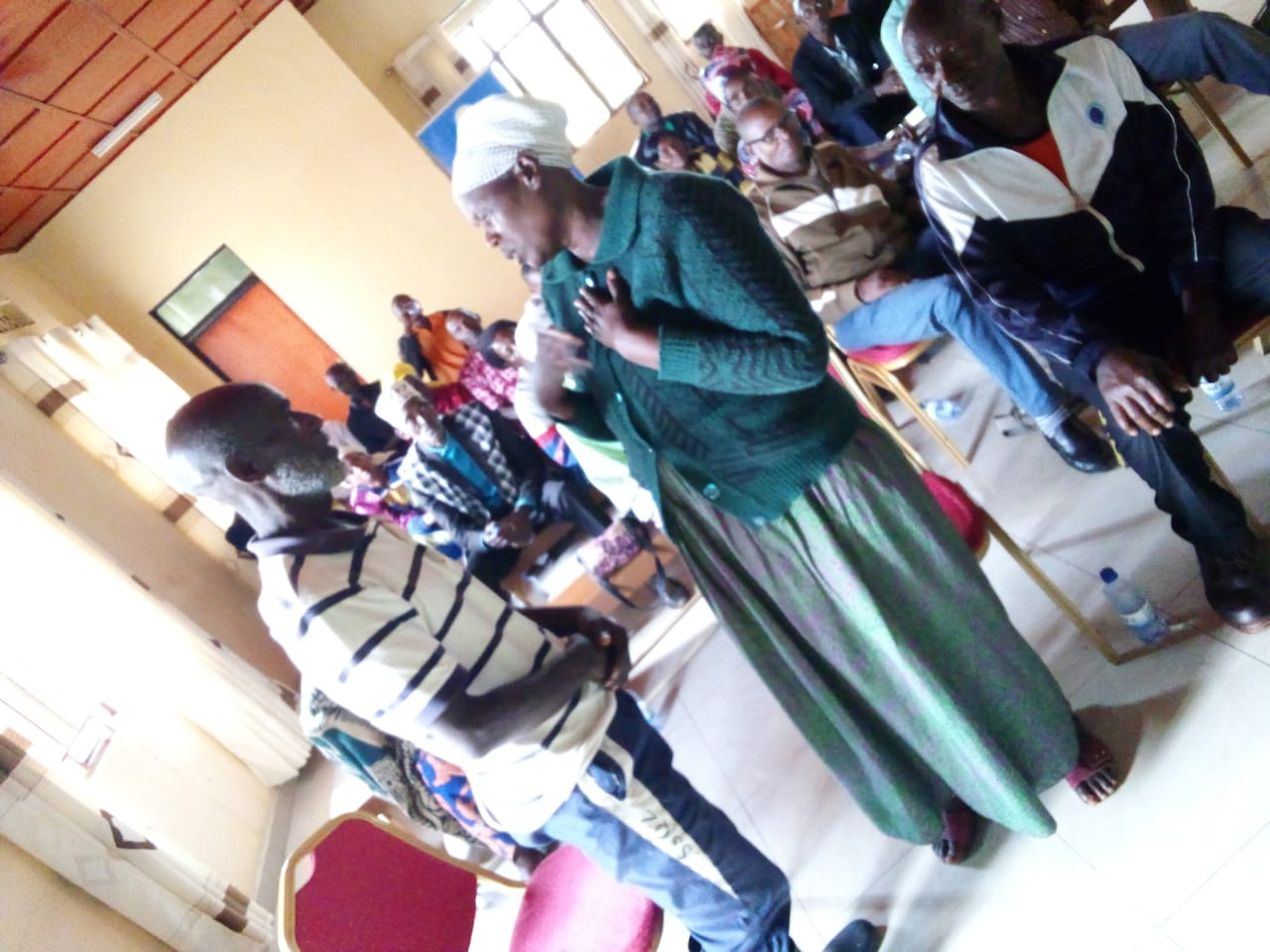
Laughter yoga is a wellness practice that triggers the positive hormone and helps bring joy and wellness through laughter and body exercise that works with the nervous system to bring emotional balance. None can think that laughter yoga could be practiced among a population with much trauma and depression. Surprisingly laughter yoga isn’t limited to the population’s age nor gender, or social or economic status. Laughter yoga works among survivors and perpetrators to enhance your intake of oxygen-rich air, stimulates your heart, lungs, and muscles, and increases the endorphins released by the brain. Significantly laughter yoga increases connection boosts wellness, increases the ability to connect and lower depression, and enhances emotional regulation. Laughter yoga practice increases the love and wellness among the group. Laugh fires up and then cools down the stress response, and it can improve feeling good and relaxed.
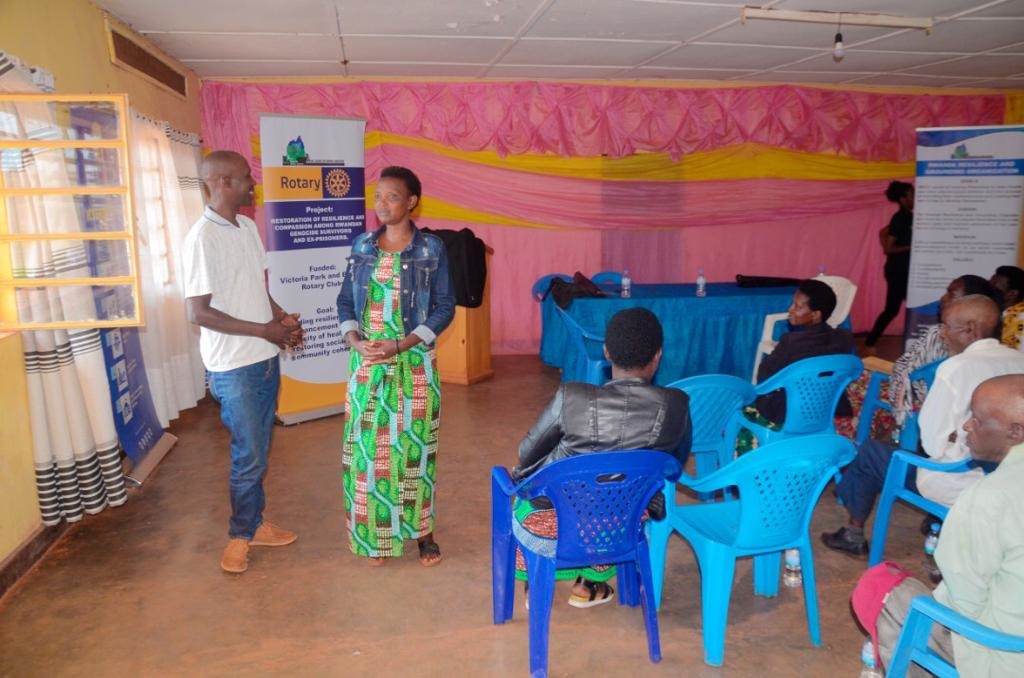
RRGO continues the wellness skills training in different villages of Rwanda to help the community, both survivors and perpetrators, to restore peace, resilience, and cohesion.
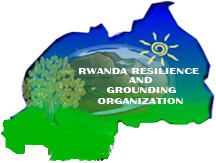
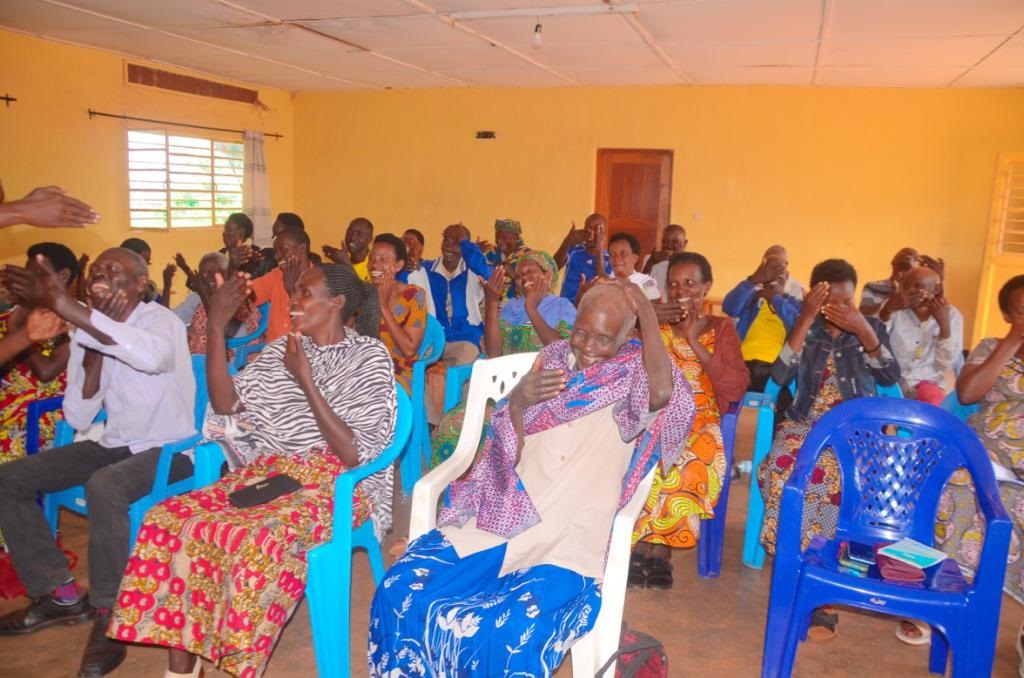

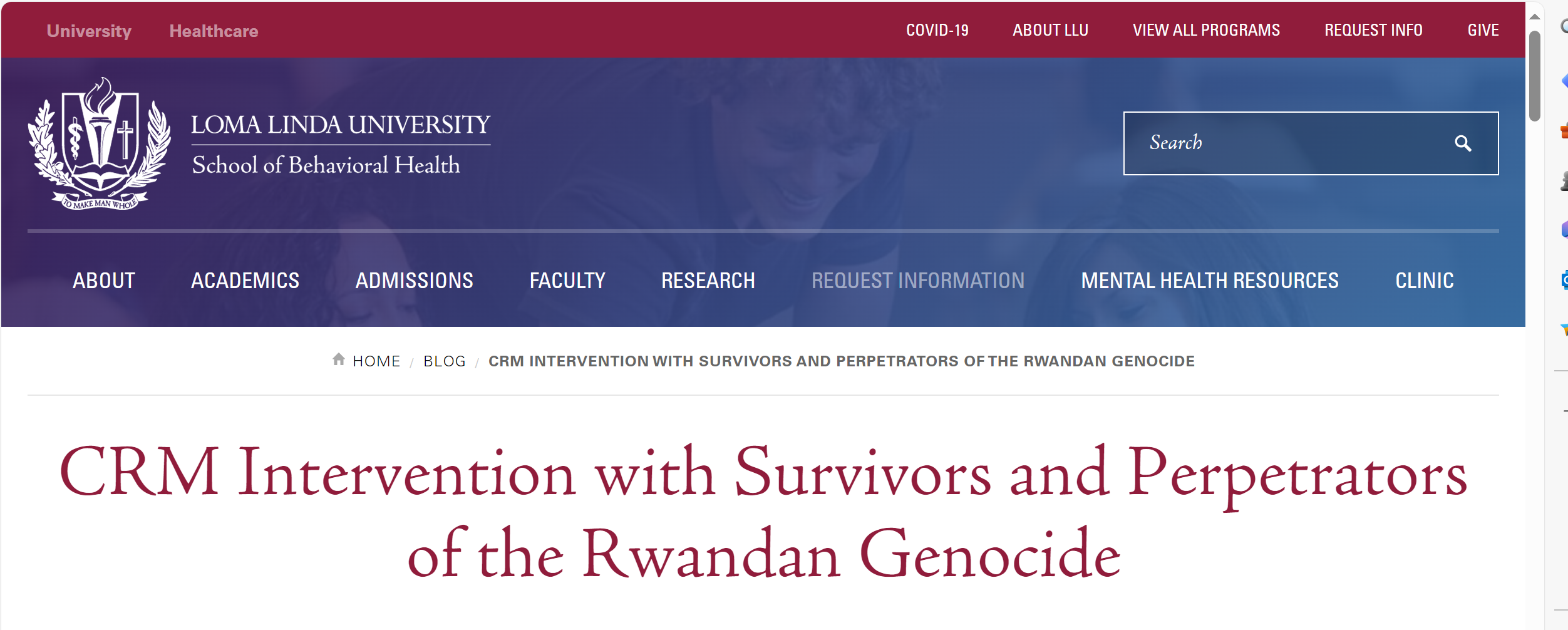

VERY GOOD VERY GOOD YAY!